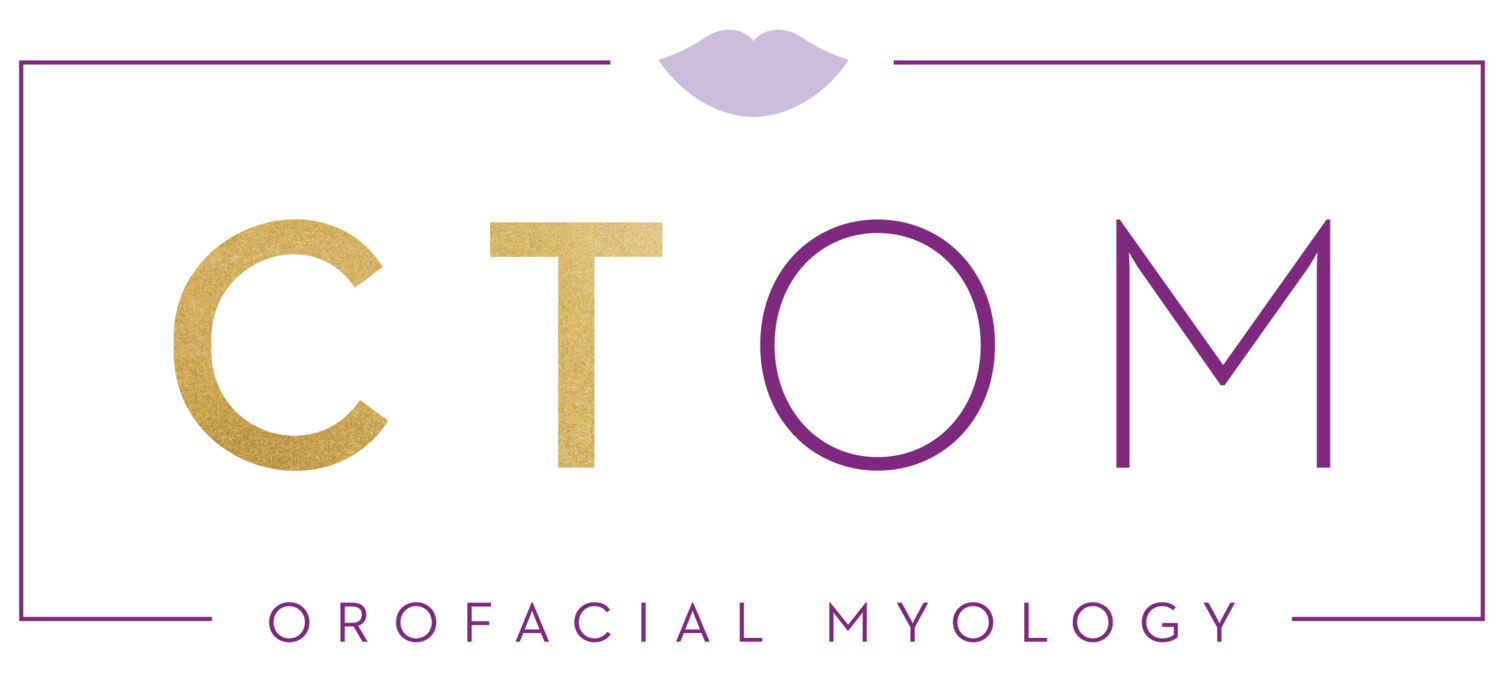Why did my orthodontist refer me to a myofunctional therapist?
Let me begin by saying, HELLO! I am so happy you are here with me :)
Now, I am not aware of your specific medical history or circumstances, but I can provide you with some general information about why an orthodontist might refer you to someone like myself, a myofunctional therapist,
Myofunctional therapy is a specialized form of therapy that focuses on the muscles of the face, mouth, and throat, particularly those involved in functions like breathing, swallowing, and speaking. It aims to address improper oral and facial muscle function, which can have an impact on dental and orthodontic issues. Here are a few reasons why your orthodontist might have referred you to a Myofunctional therapist:
Muscular Imbalances: Improper tongue posture, swallowing patterns, and facial muscle habits can contribute to muscular imbalances in the oral and facial area. These imbalances can affect how the teeth and jaw develop, potentially leading to orthodontic issues like malocclusions (misaligned bite) or crowded teeth.
Orthodontic Treatment Enhancement: Myofunctional therapy can complement orthodontic treatment by helping to align the muscles and soft tissues of the mouth and face. Proper muscle function can aid in achieving better treatment outcomes and maintaining results after braces or other orthodontic interventions.
Breathing and Tongue Posture: The way you breathe and position your tongue at rest can impact your oral and facial development. For instance, breathing through the mouth instead of the nose can affect how the upper and lower jaws grow. Myofunctional therapy can help establish proper breathing patterns and encourage correct tongue posture.
Swallowing Patterns: Incorrect swallowing patterns, such as using the tongue to push against the teeth during swallowing, can contribute to orthodontic issues. Myofunctional therapy can help retrain these patterns for improved oral health.
Speech Concerns: Myofunctional therapists can also assist with speech issues related to the muscles of the mouth and throat. They can work on exercises to improve articulation and speech clarity. However, it is important to note that not all myofunctional therapists are speech language patholigists (SLPs), and not all SLPs are myofunctional therapist. Often, both providers may be on your team.
Temporomandibular Joint (TMJ) Issues: Myofunctional therapy may help alleviate some symptoms of TMJ disorders by addressing muscle tension and dysfunction in the jaw area.
It's important to note that myofunctional therapy is just one component of a comprehensive treatment plan. Your orthodontist likely referred you to a myofunctional therapist to address specific issues that they believe could benefit from this type of therapy. It's recommended to follow through with the referral and work closely with both your orthodontist and myofunctional therapist to achieve the best results for your oral health and overall well-being.
If you’d like to learn more and are interested in a comprehensive orofacial myofunctional evaluation, click our link below :)
Bye for now, friends!


